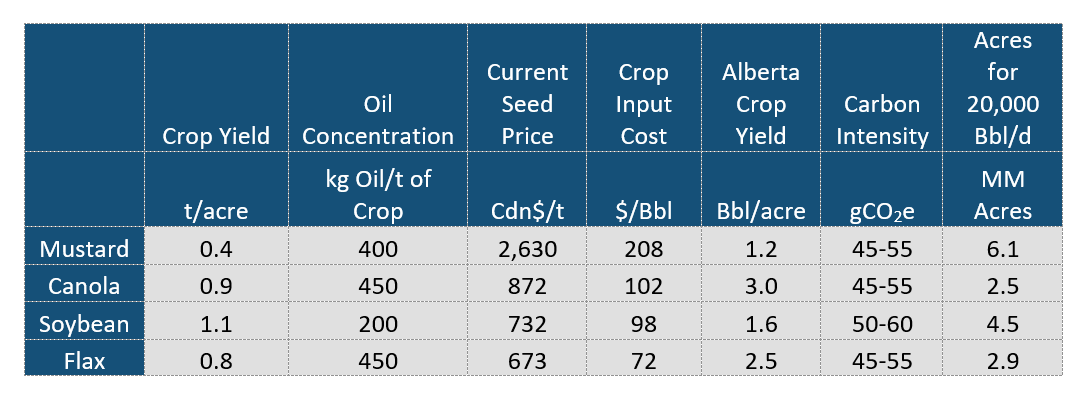May 27, 2023
Renewable Diesel and the Canadian Clean Fuel Standard
The Canadian Clean Fuel Standard (CFS) is a regulation established by the Canadian government to reduce carbon intensity (CI) within transportation fuels. One of the ways to achieve this CI reduction is through the adoption of renewable diesel.
What is Renewable Diesel?
Renewable diesel (RD) is produced via hydro-processing, which refines the molecular structure of the feedstock. RD is similar in chemical structure to conventional diesel fuel and can be used in existing diesel engines without requiring modifications as opposed to ethanol which typically is limited to 15% in most engines.
Renewable diesel can be produced from several sustainable feedstocks, including:
- Vegetable Oils: produced from various vegetable oils such as soybean, canola, mustard, flax, and sunflower oils.
- Animal Fats: such as beef tallow, pork lard, and poultry fat.
- Waste Cooking Oils: sourced from restaurants, food processing plants, and households can also be used to produce renewable diesel.
- Agricultural Residues: such as corn stover, wheat straw, and sugarcane bagasse can be used to produce renewable diesel through more expensive advanced biofuel technologies.
- Algae: can produce renewable diesel through expensive advanced biofuel technologies.
Farm to Wheels – Biodiesel Economic Metrics
While biodiesel can offer lower CI compared to traditional diesel fuel, its cost-effectiveness depends on factors such as the cost of production, feedstock prices, transportation costs, and tax incentives. Incorrys believes the most important factors is the cost of the feedstock used to produce the biodiesel.
The following table shows the economic drivers for various pulse crops based on May 2023 prices.

Overall:
- Canola is well adapted to the soils and environmental conditions of the Canadian prairies and after wheat, has the most acres seeded in Alberta.
- In Alberta 6.5 million acres of Canola were seeded in 2022, just under a quarter of total acres seeded in the province.
- A 20,000 Bbl/d Renewable Diesel refinery (such as Imperial’s $720 MM proposal) would require feedstock from ~2.5 million acres of Canola.
- Mustard seed has the highest input cost at Cdn$208/Bbl however, the mustard market price is currently 2-3 times higher than the typical price before the Covid pandemic.
- As with mustard, international competition in food markets can change price levels. Canadian farmers will adjust, thereby changing the economics of biodiesel production and availability/use of oilseed crops.
Incorrys Takeaway
With the Clean Fuel Standard CI becoming more stringent overtime, farmers will have a captive growing domestic market for oilseeds.
Refiners will compete with the population requirements for food sources as farmers look to maximize their acreage to the highest value products. This will lead to inflation; however, the magnitude will ultimately be dependent on multifaceted multimarket factors.

